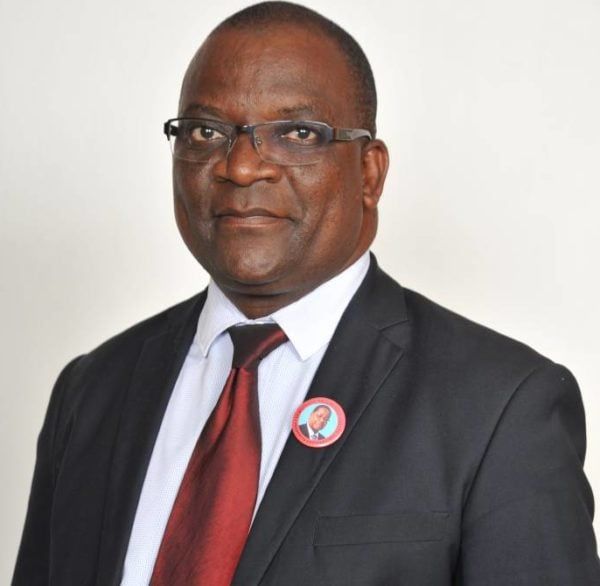By Burnett Munthali
We engaged Dr. Clement Mwale, Secretary General of the Democratic Progressive Party (DPP), to clarify several issues raised by our recent article titled “DPP’s Leadership Crisis, Dilemma: The Perils of Imposing Candidates on Electorates.”
Firstly, Dr. Mwale has reportedly denied the allegations made in our article, which included a video clip where he was quoted stating that no shadow MPs should contest in constituencies where DPP members are currently serving. Our questionnaire aimed to seek his clarification on his stance regarding this matter.

Secondly, the article in question was based on statements attributed to Dr. Mwale at a public rally. He refuted these statements, and we sought to understand where our reporter might have misquoted him. Dr. Mwale was asked to provide accurate details of what was actually said to ensure an accurate representation of his position.
Thirdly, we provided Dr. Mwale with an opportunity to offer his final thoughts on the matter, including any additional comments or context he wished to share regarding the interview and the previously published article.
Unfortunately, Dr. Mwale did not respond to our questionnaire before we went to press. In light of this, it is worth noting that Jones Gadama, the author of the original story, stands by his account. Gadama wrote, “In a shocking display of disregard for democratic principles, Secretary General of the opposition Democratic Progressive Party (DPP), Dr. Clement Mwale, recently declared that the party will not allow shadow Members of Parliament (MPs) to challenge incumbent members of parliament in all constituencies.”
This statement has sparked significant controversy, with many criticizing it as a dangerous attempt to impose candidates and undermine democratic principles within the party. Critics argue that such a move could erode trust among DPP supporters and the broader electorate by suppressing internal democracy and stifling competition.
The implications of Dr. Mwale’s stance are considerable. By potentially restricting democratic competition, the DPP risks alienating its base and weakening its standing in the political arena. This approach, if true, could have far-reaching consequences for the party’s credibility and effectiveness.


